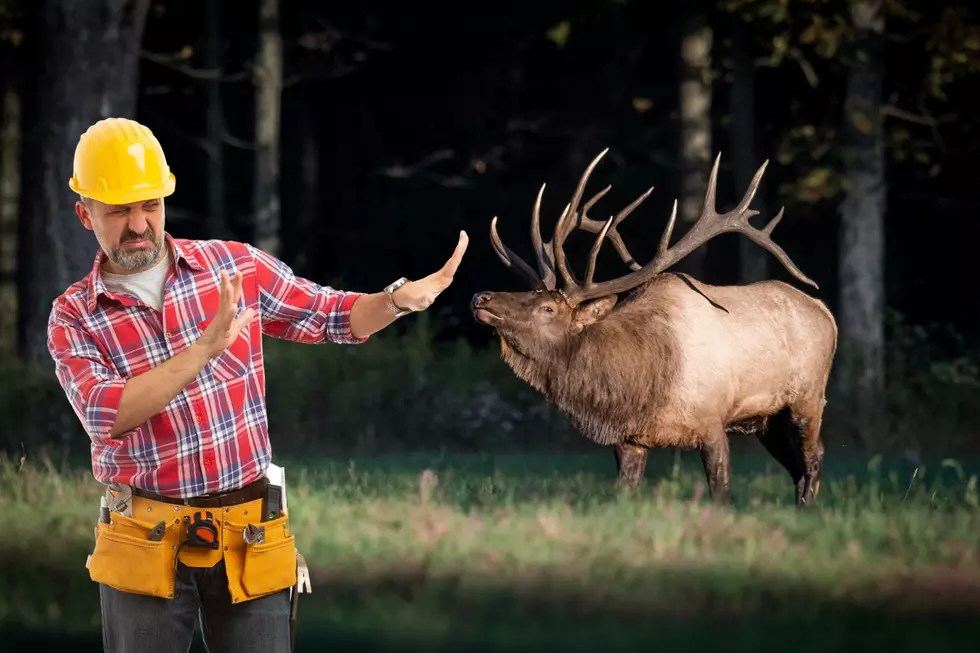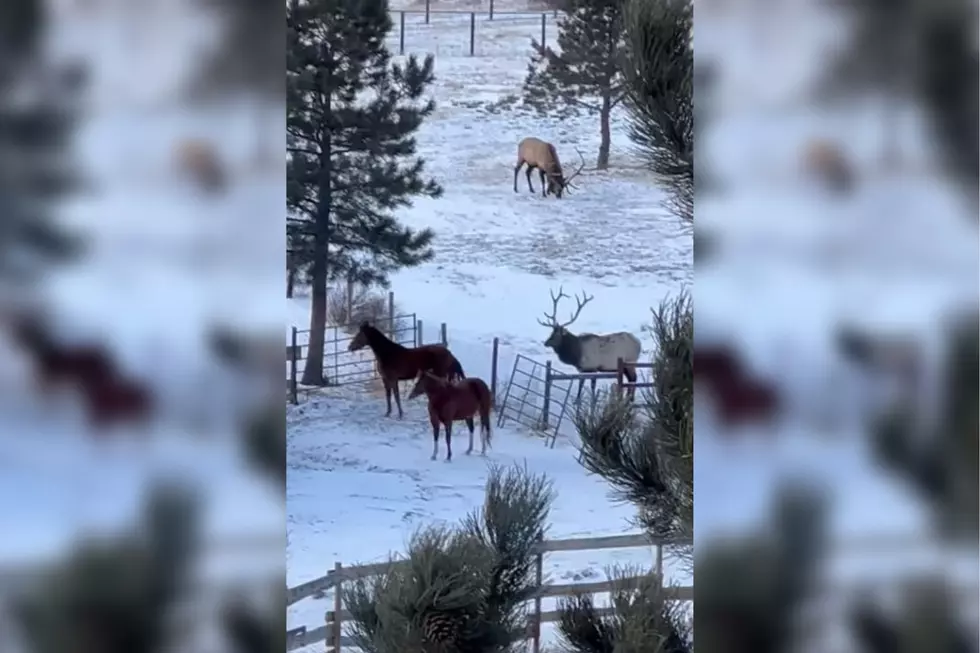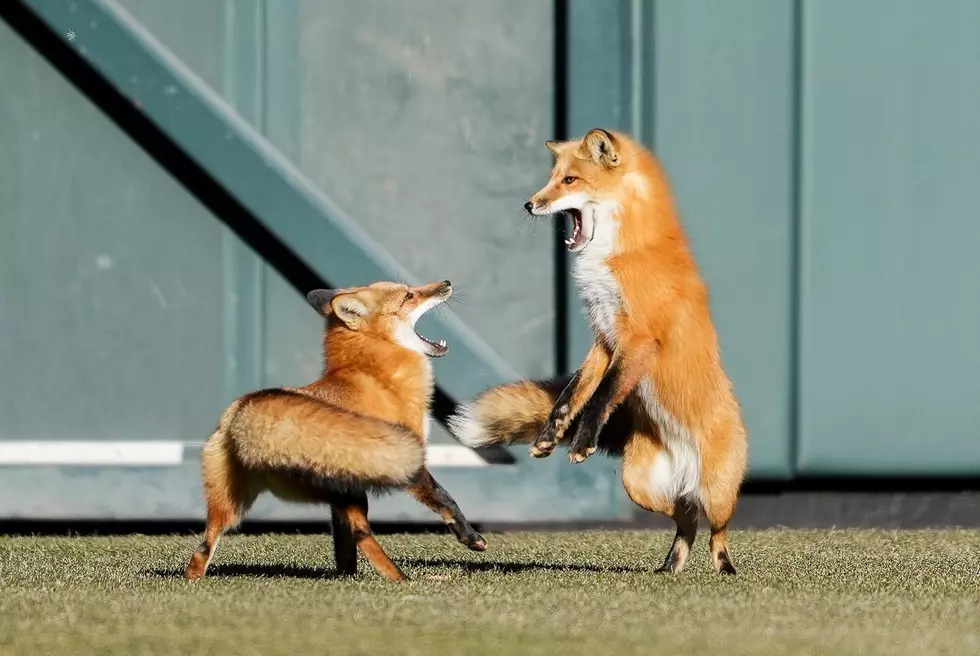
Why Do Coyotes Hate Us More in January and February?
If it seems that coyotes are less tolerant of human presence during the months of January and February. Well, they are. There is a biological reason: this is their breeding season. As coyotes pair up to breed, they may be more territorial than usual and defend their space as they carve out a place to have their young. You should be aware of their presence and the potential for conflicts with humans.
Last year during this time period, Colorado Parks and Wildlife received reports of: a young girl nipped at by a coyote in Centennial; an aggressive coyote approaching a grandmother walking her grandson in a stroller in Aurora; and four separate incidents of a mangy coyote baring its teeth at citizens in Lakewood.
Tips to Avoid Conflicts With Coyotes
You can share the landscape with these wild neighbors by following three important tips:
1) Don't feed wildlife!
2) Protect your pets!
3) Haze coyotes when you see them!
Dog owners should take the following precautions:
- Always supervise your pet outside, especially at dawn and dusk.
- Keep your dog on a short leash while recreating, even in areas where off leash is allowed—avoid retractable leashes.
- Do not allow your dog to play or interact with a coyote.
- If possible, pick up your dog when coyotes are visible.
- Avoid potential den sites and thick vegetation.
If you must leave your dog outside, secure it in a fully enclosed kennel.More than 25 people have been bitten by coyotes in the Denver metro area since 2007. Coyote attacks on humans are rare and can usually be traced to people feeding them, a nearby den site where a coyote might feel threatened, or another canine or pet in a coyote's presence. If you witness a coyote or coyotes behaving aggressively, please report the incident to a local Colorado Parks and Wildlife office as soon as possible.
More From 99.9 The Point









